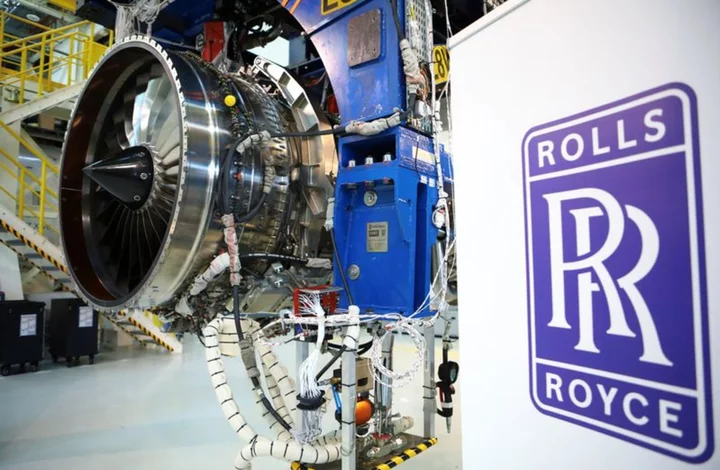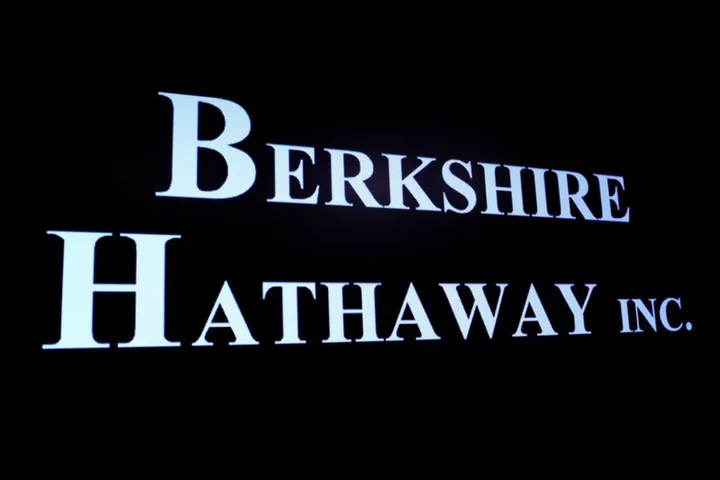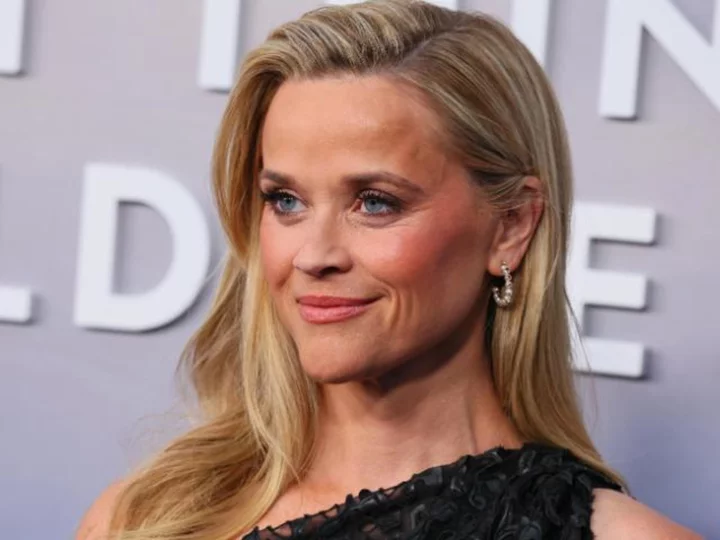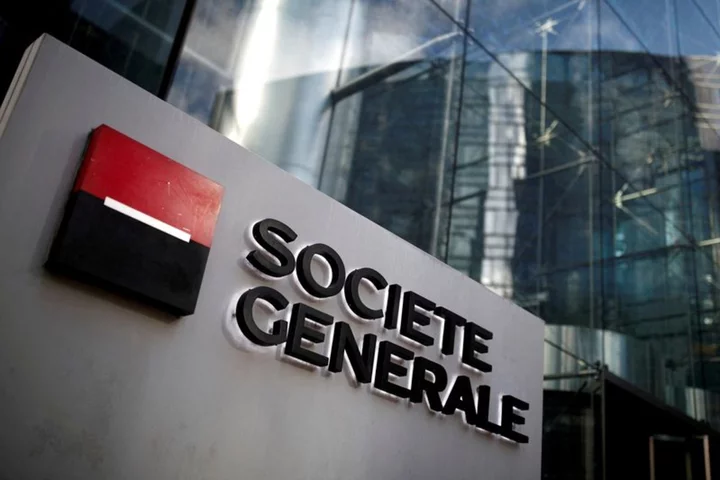By Paul Sandle and Sarah Young
LONDON (Reuters) -Aero-engineer Rolls-Royce hiked its full-year operating profit forecast by around 45% on Wednesday after operational improvements, increased military spending and a recovery in long-haul flying delivered a stronger-than-expected first half.
Shares in the British company jumped 24% to 190 pence, the highest level since the start of the pandemic in March 2020.
The company said it now expected profit this year of between 1.2 billion and 1.4 billion pounds ($1.6-1.8 billion), up from its previous guidance of between 800 million and 1 billion pounds. The market had been forecasting 934 million pounds.
Chief Executive Tufan Erginbilgic, who joined the company in January, said his turnaround had started well, with progress already evident across the company.
"Despite a challenging external environment, notably supply chain constraints, we are starting to see the early impact of our transformation in all our divisions," he said on Wednesday.
Bernstein analysts said the primary driver of the better first-half and full-year performance was improved operations, a key priority for Erginbilgic.
The company, whose engines power the Airbus A350 and Boeing 787 long-haul jets, said underlying operating profit for the first six months would come in at just over twice the market expectation of 328 million pounds.
A large part of Rolls-Royce's revenue is tied to the hours flown by its engines, a model that plunged it into crisis when planes were grounded during the pandemic.
A rebound in flying, however, is now benefiting the company, as is increased defence spending due to the war in Ukraine, and it shares have risen by 64% this year.
The group said it would produce up to 360 million pounds of free cash flow for the six months to end-June, soundly beating the 50 million pounds forecast, and it could produce as much as 1 billion pounds of cash in the full year.
It will publish its first-half results on Aug. 3.
($1 = 0.7755 pounds)
(Reporting by Paul Sandle and Sarah YoungEditing by Kate Holton and Mark Potter)









